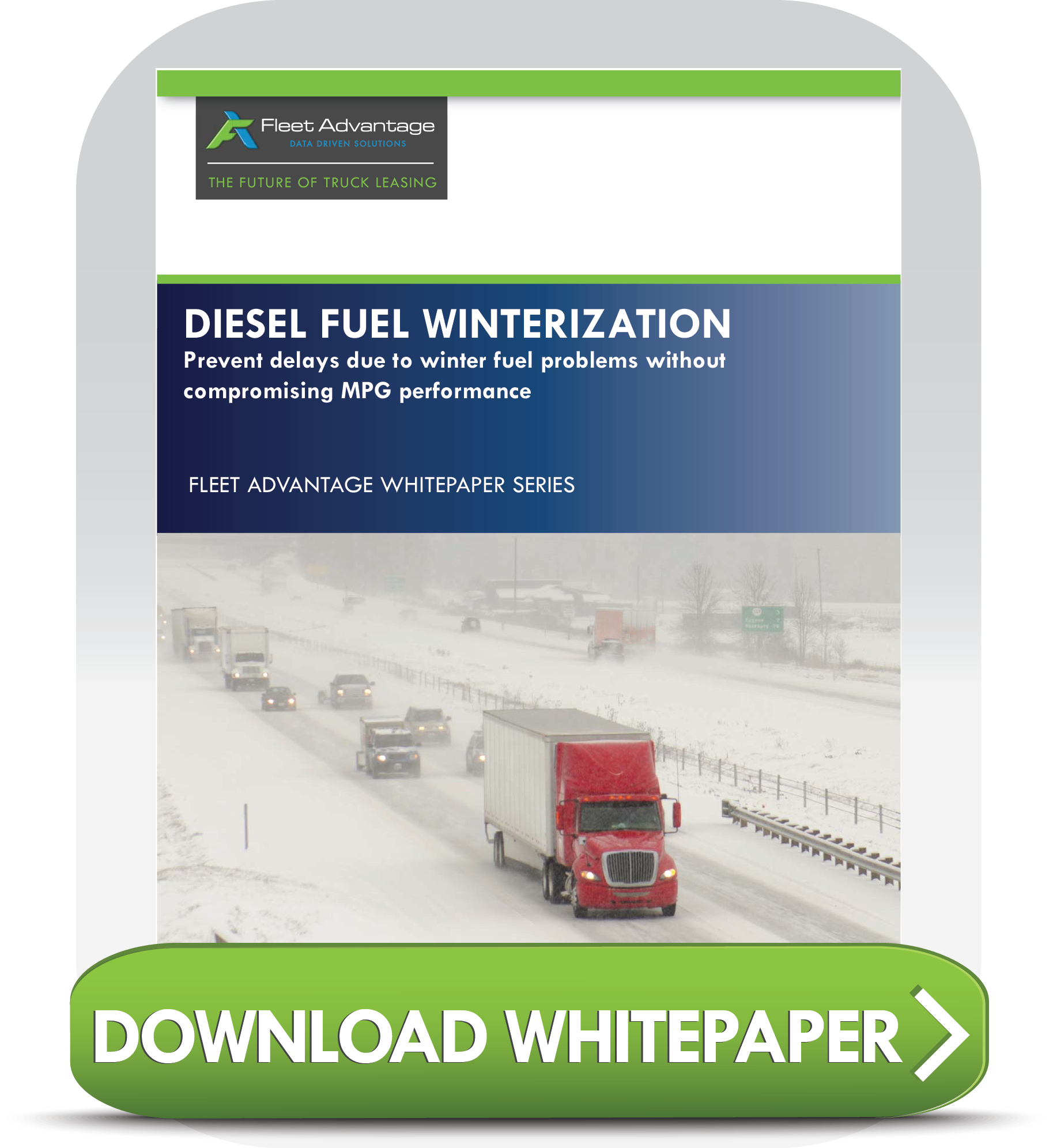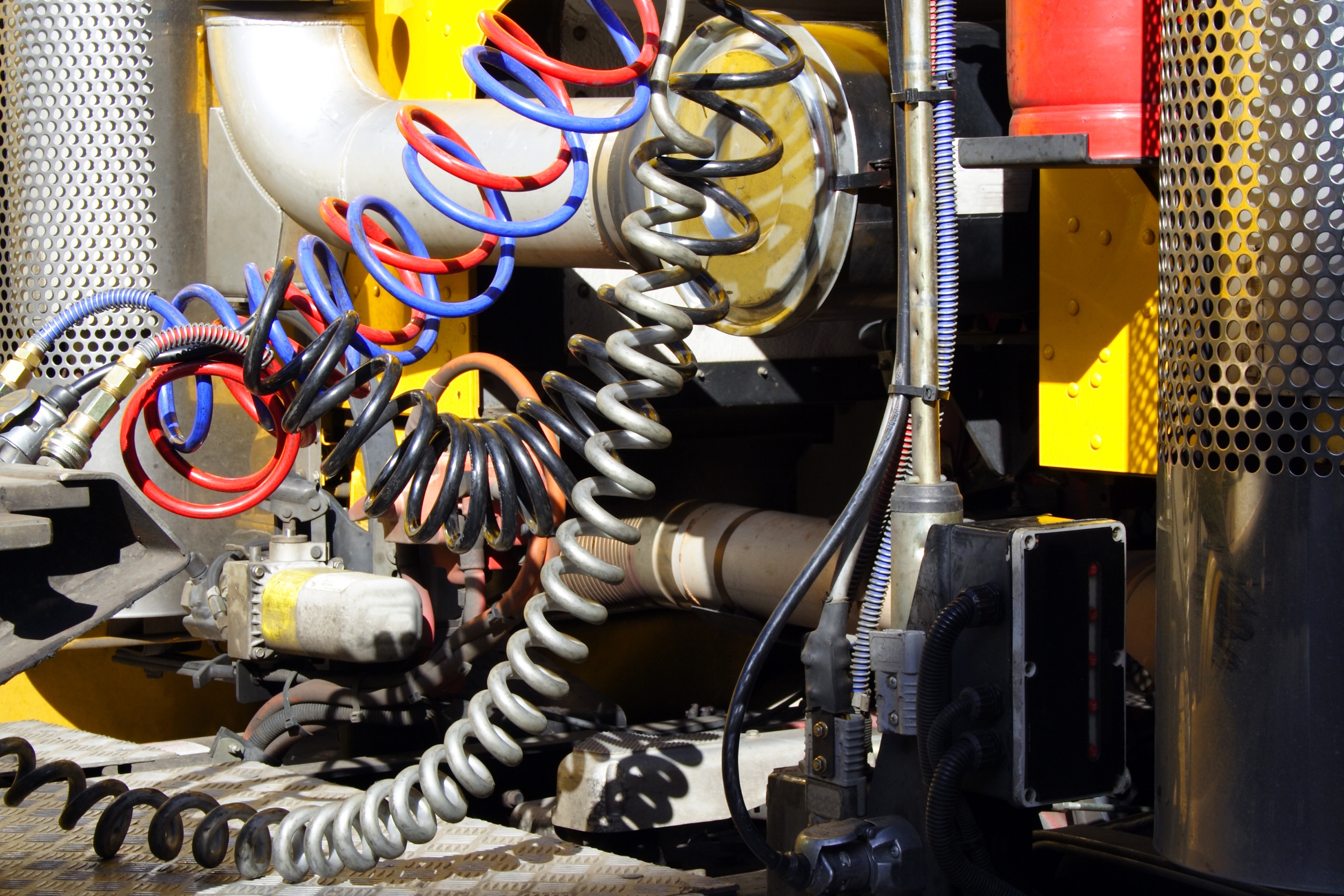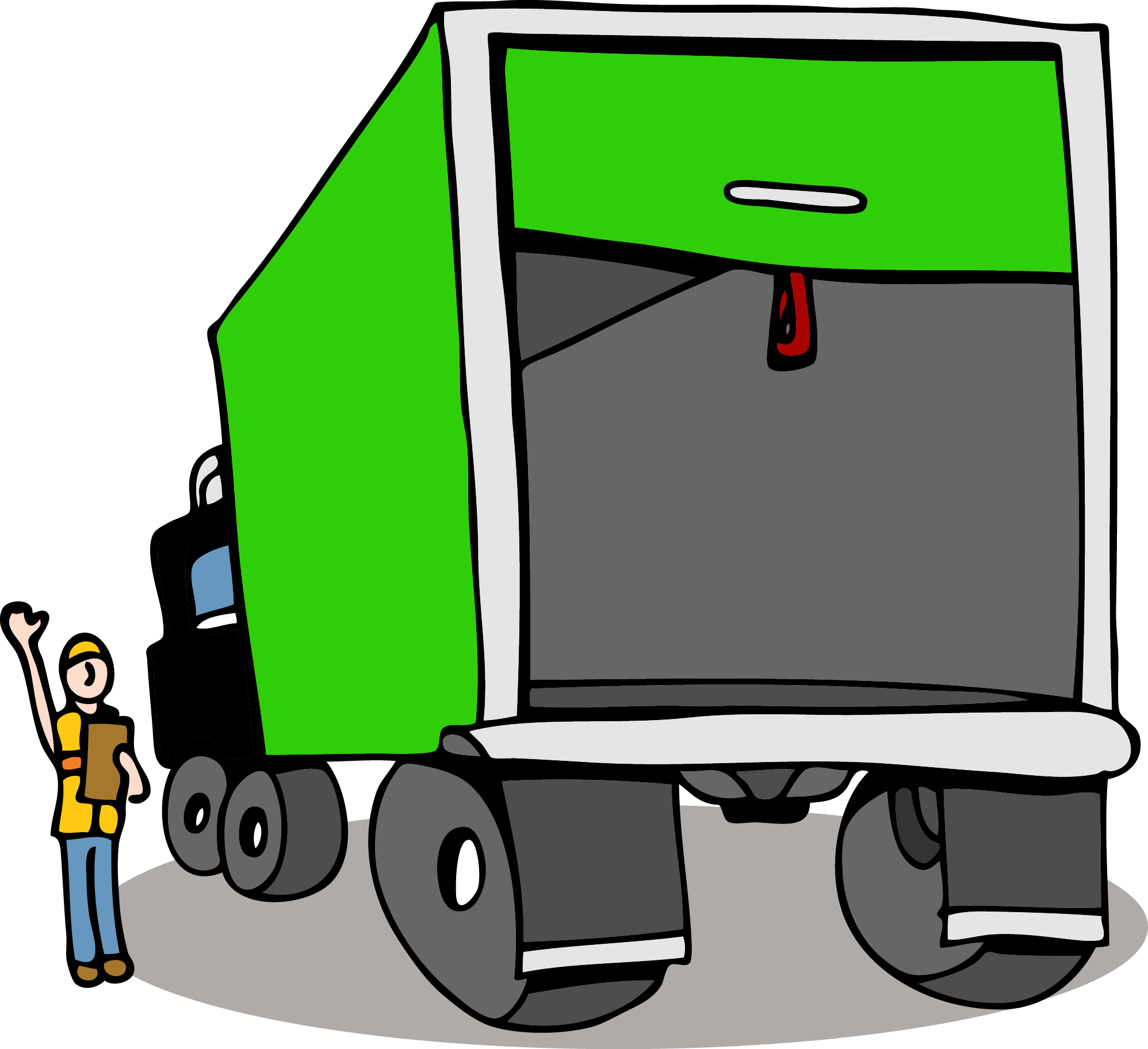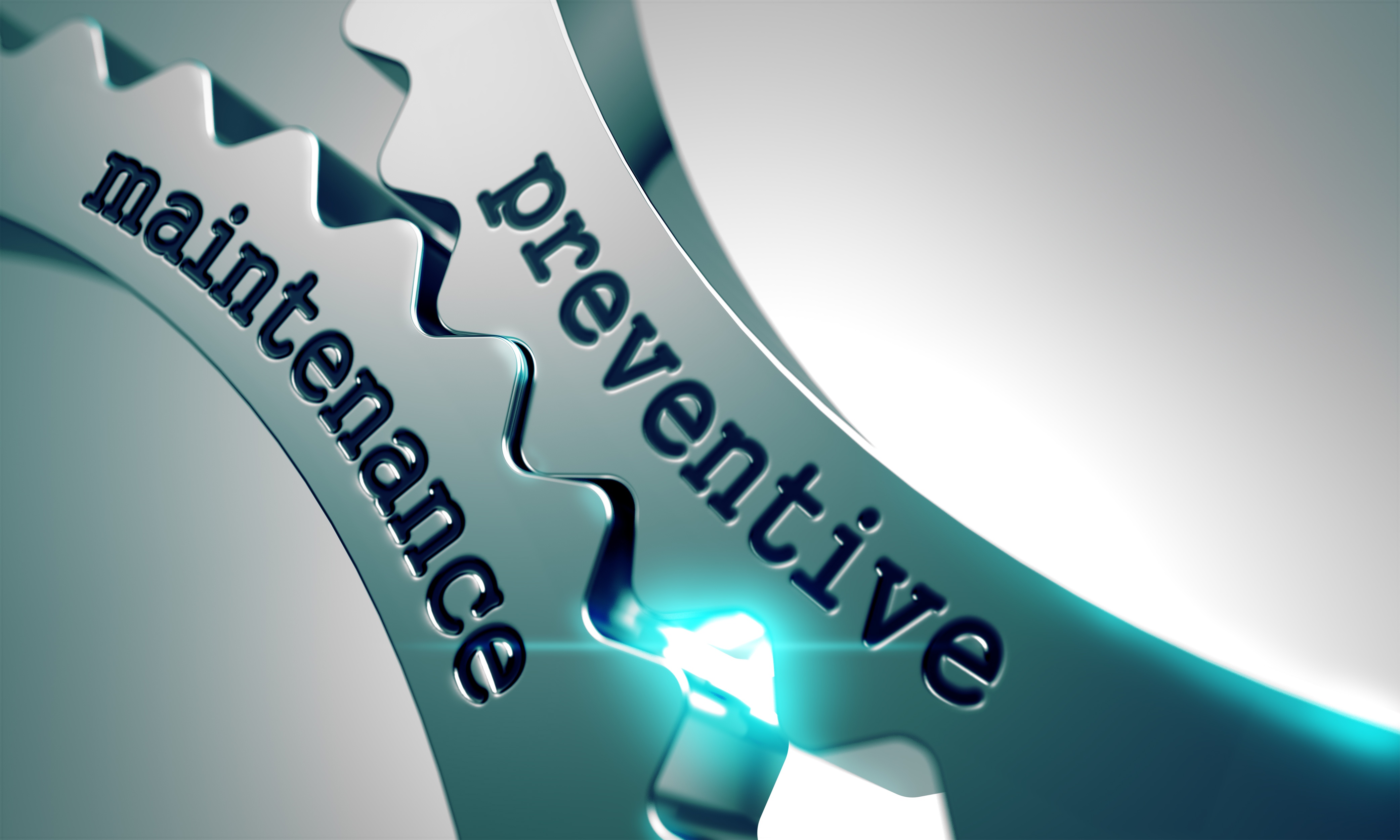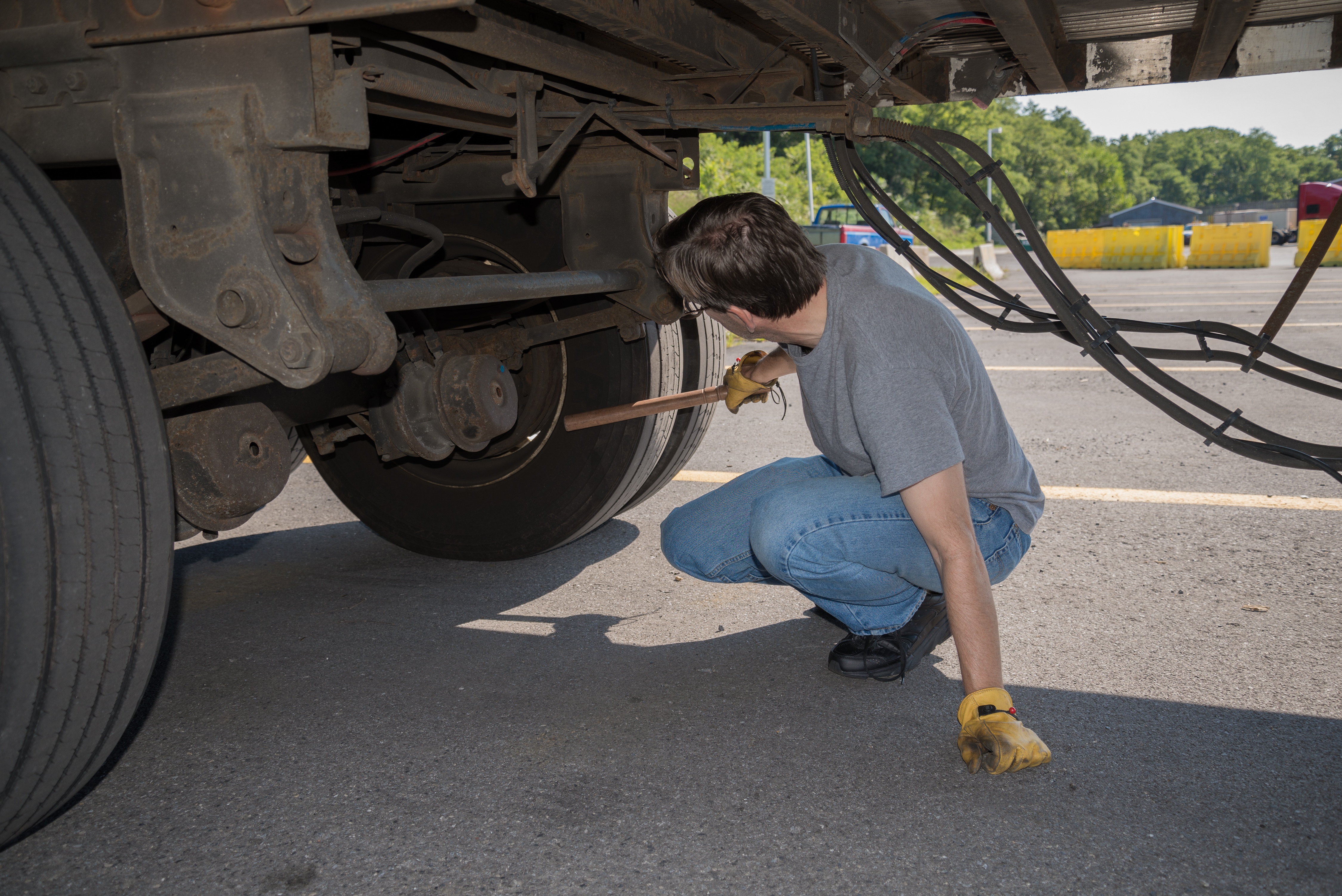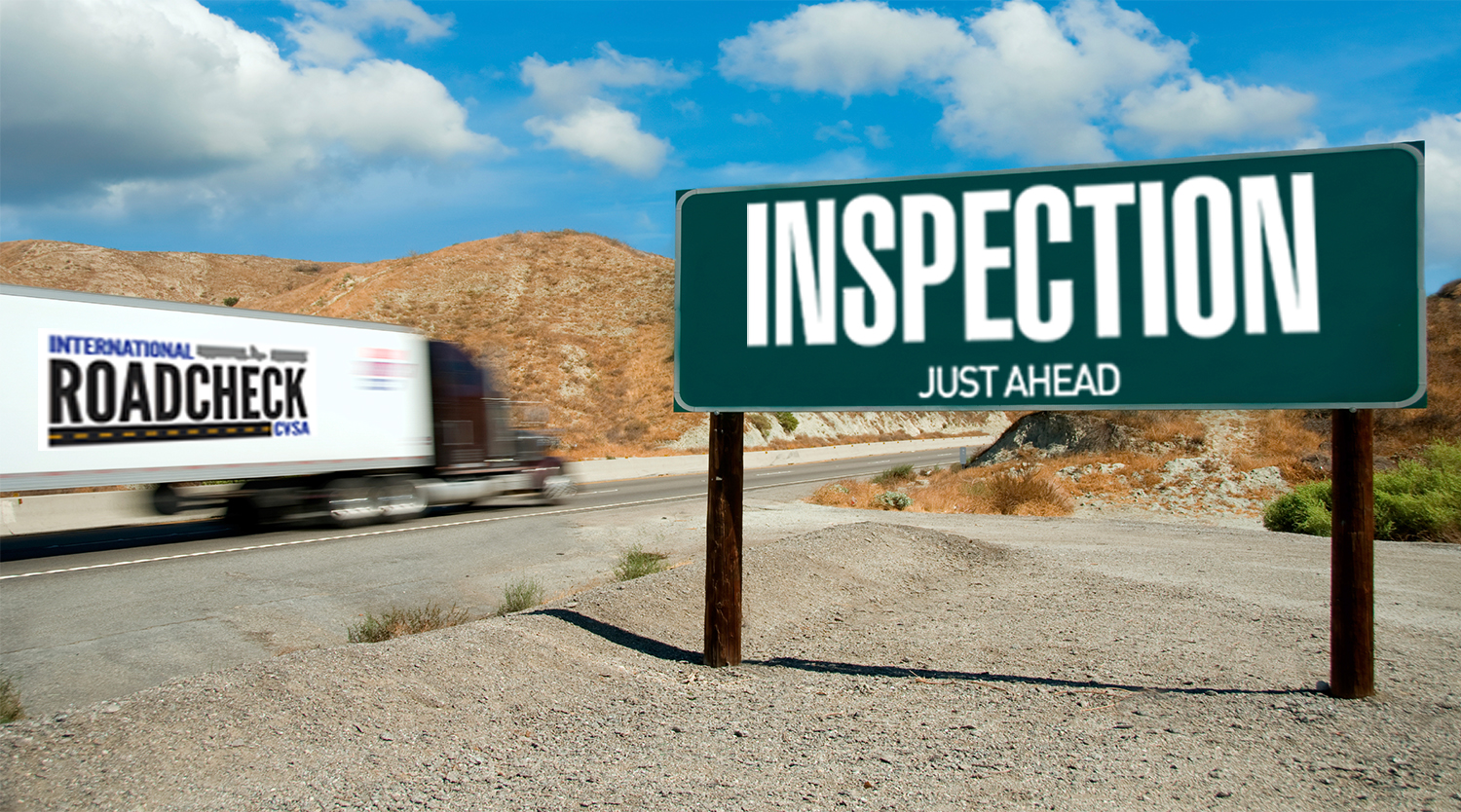For heavy duty truck fleets, the winter months are more than just that risky season when they have to be extra careful in driving. As fleets prepare for the harshest season for trucks, the question of MPG performance, disruptive breakdowns, fuel supply and how to effectively treat fuel that can be used in cold temperatures emerge. Download this whitepaper today to learn about winter’s effect on MPG and how to prevent delays due to winter fuel problems without compromising your MPG performance.
Diesel Fuel Winterization - Prevent Delays Due To Fuel Problems Without Compromising Your Fleet's MPG Performance
Topics: Fleet Maintenance
CVSA 2015 Operation Safe Driver Week is October 18-24, 2015 - Fleet Safety Tips
A week of intensified traffic safety enforcement - Operation Safety Week - is approaching!
This program launched in 2007 by the Commercial Vehicle Safety Alliance (CVSA) in partnership with the Federal Motor Carrier Safety Administration (FMCSA) and with the support from industry and transportation organizations, was established to help reduce the number of crashes, deaths and injuries resulting from crashes involving all type of motor vehicles, including commercial trucks, buses and cars.
Topics: Fleet Safety
CVSA Annual Brake Fleet Safety Week Planned for September 6 – 12, 2015
What do you think the most important operating component of a commercial motor vehicle (CMV) is? Although there are many components, the most important one is the part that makes the equipment stop - the brakes!!!!! It is critical that brakes operate properly at all times to ensure safety. The braking system on CMV’s is designed for tough conditions, but like anything, it must be inspected and maintained carefully and consistently. By doing this, the brake system will operate properly throughout the life of the truck.
Brake Fleet Safety Week was established in 1998 as an annual outreach and enforcement campaign with the goal of improving CMV brake safety and awareness throughout North America. More than 3.4 million brakes have been inspected since the program’s inception.
Topics: Fleet Safety
Quick Guide to the CVSA 7 Inspection Levels – Fleet Safety
The CVSA (Commercial Vehicle Safety Alliance) is an international organization that is comprised of motor carrier safety officials at local, state and Federal levels as well as trucking industry representatives in Canada, Mexico and the United States.
Check out our quick and concise guide to all of the CVSA inspection levels to ensure your fleet safety. The most common inspections that drivers need to make themselves aware of are Level I, Level II, Level III, and Level IV inspections.
Topics: Fleet Safety
The Difference Between Good and Great Fleet Preventive Maintenance
The impact of a preventive maintenance inspection today compared to the same inspection 10 years ago is monumental. Today, there are many components on the powertrain that are costly to replace; including Diesel Particulate Filter (DPF), Turbo, EGR coolers, etc. These components can have catastrophic failures and affect other components downstream. If an internal coolant leak in the engine occurs, it results in the coolant being burned through the exhaust. This will have a definite impact on the DPF - causing it to have premature failure. This is just one example of additional repair expenses that could have potentially been prevented with Great Preventive Maintenance (PM).
Topics: Fleet Maintenance
Summertime driving is no vacation! Fleet safety tips...
During the summer months, drivers of heavy duty trucks should be reminded of additional driving challenges that present themselves. Increased outdoor activities resulting from more daylight hours make it especially important to get plenty of rest before buckling-up in an 18-wheeler, as driver mental and visual acuity must be at peak performance. Children are out of school, increasing the number of motorcyclists, bicyclists and pedestrians on the roadways. Additionally, summertime is when most roadway construction programs are initiated. This increase in roadway activity means that a driver’s focus on fleet safety must be on-point 100% of the time to avoid accidents.
Topics: Fleet Safety
Where The Rubber Meets The Road… Fleet Maintenance Best Practices
Proper tire inflation is one of the most important items when it comes to fleet maintenance. On a daily basis, tires lose pressure even when there is not a parasitic loss. Studies show that on average, tires lose one pound of pressure per month. Gone unchecked, this can result in serious monetary loss to the company and loss of time to the driver.
Topics: Fleet Maintenance
How Fleets Save Millions in Operating Expenses by Reducing GHG Emissions
The terms “government regulation” and “increased corporate profit” at first glance seem to be a conflicting association. In 2003 federal mandates went into effect to reduce heavy duty truck diesel exhaust emissions, Particulate Matter 2.5 and NOx—emissions harmful to human health, and continued through 2010. Manufacturers spent hundreds of millions of dollars in research to develop technologies to comply with the mandates and passed the cost directly to the consumer. Although the technologies reduced emissions by as much as 96%, the transportation sector suffered a decade of often failed technologies that caused severe budget and maintenance headaches within their operations.
CVSA Annual Roadcheck Planned for June 2 – 4, 2015 - Fleet Safety Checklist
Inspections, inspections, inspections. From random roadside inspections to the annual CVSA (Commercial Vehicle Safety Alliance) Roadcheck occurring on June 2-4 and annual CVSA Brake Safety Week (September 6-12), fleets and drivers are continually being inspected for safety practices in an effort to keep our roads safe.
Topics: Fleet Safety
Denying Climate Change May Cost You – Earth Day Topic But Everyday Responsibility
As we planned to launch our blog on Earth Day 2015, we struggled for just the right topic until coming across a report on the EPA’s Clean Power Plan, a budget and proposed reforms that address climate change efforts in the coal industry. This prompted a question to my colleague, “Do you believe in climate change?” “Absolutely!” he responded. He continued, “Has there always been climate change? Absolutely! Will there always be climate change? Absolutely!


